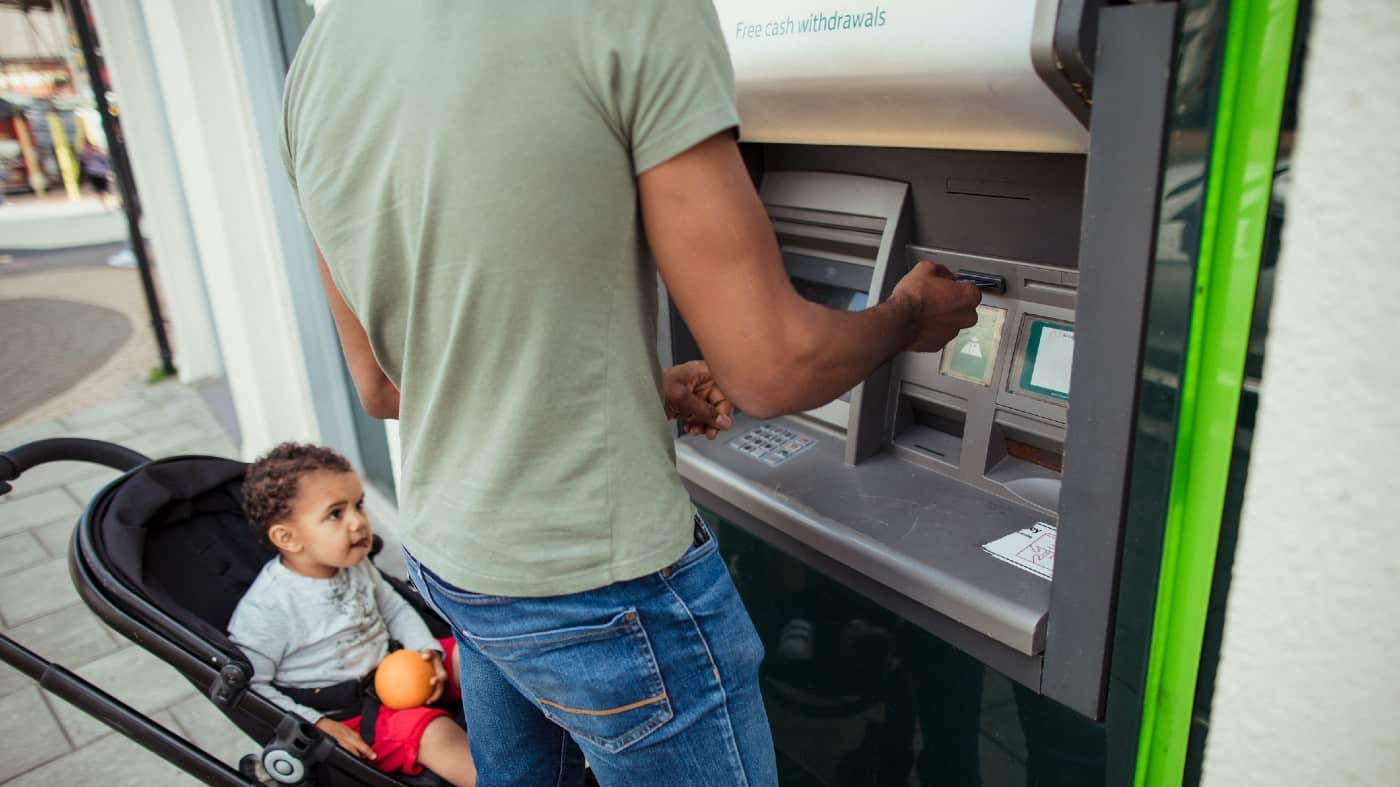Shareholders in the sometimes sleepy Standard Chartered (LSE: STAN) such as myself may have been surprised to see the bank’s share price jump this week. Although the share price has fallen back slightly in early trading on Friday, as I write this, it is still up around 11% compared to a week ago.
Why, and what does this mean for my shareholding?
Bid speculation
The immediate cause for the jump is a press report that the First Abu Dhabi Bank had spent some months exploring a potential takeover bid for the London-based bank that is focussed on developing markets worldwide.
Should you invest £1,000 in British American Tobacco right now?
When investing expert Mark Rogers has a stock tip, it can pay to listen. After all, the flagship Motley Fool Share Advisor newsletter he has run for nearly a decade has provided thousands of paying members with top stock recommendations from the UK and US markets. And right now, Mark thinks there are 6 standout stocks that investors should consider buying. Want to see if British American Tobacco made the list?
That was enough to push up the Standard Chartered share price. But although the Emirati bank ran its slide rule over Standard Chartered, it has not made a bid. Since the report was published yesterday, the Abu Dhabi institution has reportedly said it is “no longer” exploring the potential for a bid.
What happens next
That does not mean a bid may not emerge at some point though. News that a rival has spent months poring over Standard Chartered as a possible target may flush out other potential suitors. I think that explains why the Standard Chartered share price remains elevated this morning even after the negative news from Abu Dhabi.
However, I have doubts about how long the shares will stay at their current level if no fresh bid emerges. But another bid – for example by a rival that thinks Standard Chartered shares are undervalued – could increase the bank’s share price substantially.
But I still see First Abu Dhabi as a strategic potential suitor. By combining the strength of Standard Chartered in emerging markets with its own operations, the bank could unlock strategic synergies in developing countries. So while Standard Chartered may appeal to strategic buyers, I think it probably has less appeal to possible buyers with purely financial motivations. A strategic combination may carry less of a bid premium than a purely financial takeover.
I’m holding
The more interesting move in the Standard Chartered share price for me as an investor is not what has happened this week, but the 45% increase seen over the past year.
I think that reflects a market rerating of the bank’s strategic exposure to some fast-growing international markets. Similarly, rival HSBC, with its own strong foreign footprint, has seen its shares move up 18% over the past 12 months. Domestically-focussed rivals have fared worse in that period. NatWest is up only 6%, while Lloyds has fallen 8%.
The latest news suggests that other banks are paying attention to the profit potential of a strong foothold in fast-growing Asian and African markets as their economies recover after the pandemic years.
In the long term though, investing in the bank has been dead money. The Standard Chartered share price is 17% below where it stood five years ago. I will continue to hold my shares for now. But if a suitor did come along and offered a juicy enough bid, I would be happy to take the cash.








